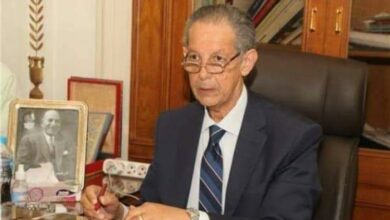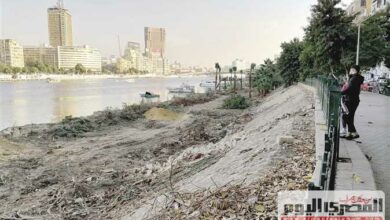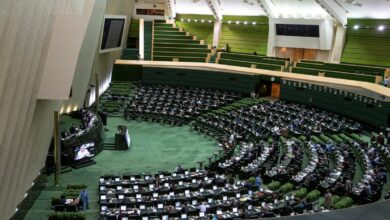A civilian council that advises Egypt's ruling army will consider a proposal to hold a presidential election earlier than a June deadline, council members said on Monday, a move that could speed up the transition of power to civilians.
Egypt's generals, who took over from ousted President Hosni Mubarak in February last year, have faced renewed street protests demanding they hand power to civilians sooner than the June deadline they set themselves.
Civilian council members told Reuters they would discuss the presidential election and its timing at a meeting on Monday evening and Tuesday.
The body, which includes a number of influential politicians, can only advise the army and has no power to change the election timetable itself.
"On the agenda is the presidential election and the possibility of advancing the date. We have to debate that," presidential candidate Amr Moussa, a member of the council, told Reuters ahead of the meeting.
Sherif Zahran, another council member, said the timetable could be accelerated, though the issue was still subject to debate.
Egypt's authorities had said nominations for the country's first free presidential race would open on 15 April. Army officials and other politicians had indicated the vote would take place in June, though no formal announcement was made.
The head of the military council, Field Marshal Hussein Tantawi, met the speaker of parliament and the prime minister on Monday, a source said, to discuss the presidential race.
Egypt held its first multi-candidate presidential election in 2005, a vote won easily by Mubarak. For most of his 30 years in office, Mubarak was elected in a single candidate referendum.
Under new rules approved in a referendum last year, Egypt's next president will only be able to govern for two consecutive, four-year terms.
A committee overseeing the presidential election vote will meet next week to discuss preparations for the race, a judge was quoted by state media as saying.
Protesters have been camped out in Cairo's Tahrir Square for days, vowing to stay until the army hands power to civilians. They fear the military wants to hang on to power from behind the scenes after the vote.
Their protests have yet to create the kind of street pressure that helped topple Mubarak a year ago.




